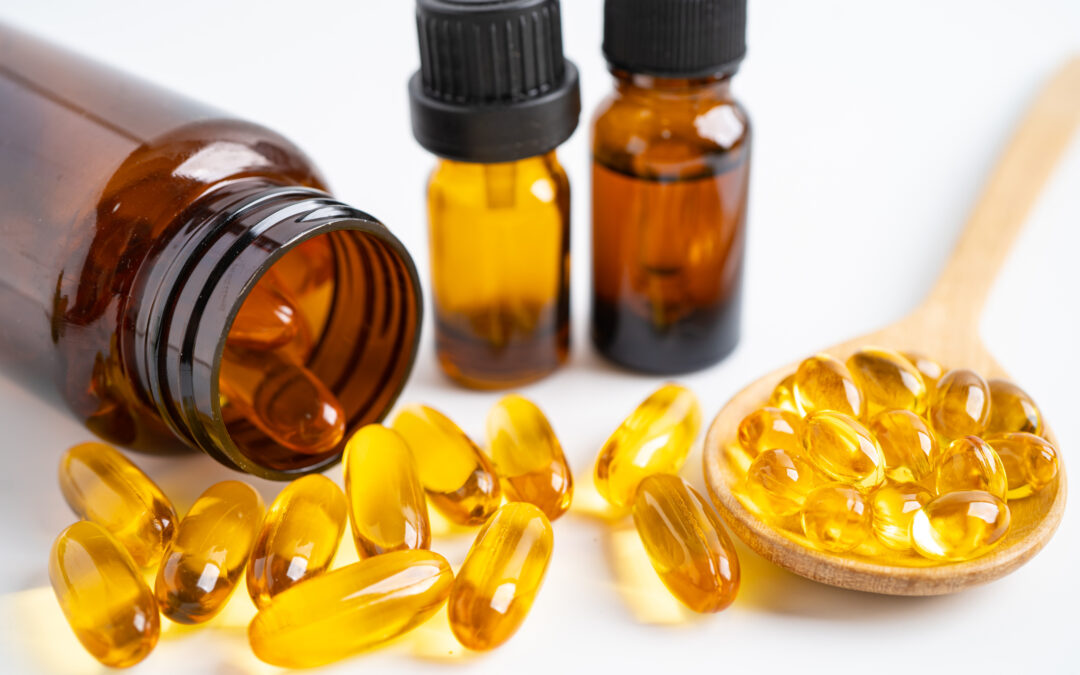Good vision thrives on more than corrective lenses and routine exams—it begins with the nutrients you feed your body. At Southwestern Eye Center, we empower you with expert clinical care and nutritional guidance to enjoy clear, vibrant vision at every stage of life. Ready to nurture your eyes from the inside out? Schedule your comprehensive eye exam today.
At Southwestern Eye Center, we understand that targeted nutrition works with professional care. Below, you can explore the key nutrients for eye health that support retinal function, combat oxidative stress, and help guard against age-related vision changes.
Vitamin A (Beta-Carotene)
Vitamin A is essential for maintaining healthy corneas and sharp low-light vision.
- Benefits: Supports photoreceptor cells in the retina and prevents dryness (xerophthalmia).
- Food Sources: Carrots, sweet potatoes, spinach, kale.
- Daily Goal: 900 µg RAE for men; 700 µg RAE for women.
Vitamin C (Ascorbic Acid)
Vitamin C is a powerful antioxidant that defends delicate eye tissues from free-radical damage.
- Benefits: Helps slow the progression of cataracts and maintains healthy blood vessels in the retina.
- Food Sources: Oranges, strawberries, bell peppers, broccoli.
- Daily Goal: 90 mg for men; 75 mg for women.
You can learn about our Dry Eye Treatment Options to complement your vitamin C intake.
Vitamin E (Tocopherol)
Vitamin E works synergistically with other antioxidants to protect cells from oxidative stress.
- Benefits: May reduce the risk of age-related macular degeneration when paired with other key nutrients.
- Food Sources: Almonds, sunflower seeds, hazelnuts, wheat germ.
- Daily Goal: 15 mg (22.4 IU) for adults.
Zinc
Zinc is a vital mineral that helps transport vitamin A to the retina and supports cellular repair.
- Benefits: Zinc is integral to many eye enzymes; studies show that combined with vitamins C and E, it can slow macular degeneration.
- Food Sources: Oysters, beef, poultry, legumes.
- Daily Goal: 11 mg for men; 8 mg for women.
Omega-3 Fatty Acids (DHA & EPA)
Omega-3s are crucial components of retinal cell membranes and tear film.
- Benefits: Eases dry-eye symptoms and may protect against macular degeneration.
- Food Sources: Salmon, mackerel, chia seeds, flaxseeds.
- Daily Goal: 250–500 mg combined EPA/DHA.
Learn more at the National Eye Institute.
Lutein & Zeaxanthin
These carotenoids concentrate in the macula to filter harmful blue light and neutralize free radicals.
- Benefits: Improve contrast sensitivity and help prevent age-related vision loss.
- Food Sources: Kale, spinach, corn, egg yolks.
- Daily Goal: 10 mg lutein + 2 mg zeaxanthin.
When to Act
If you’re experiencing frequent eye fatigue, dryness, or have a family history of macular degeneration, don’t wait. Schedule your comprehensive eye exam at Southwestern Eye Center and add a nutrition consultation to tailor your supplement plan.
